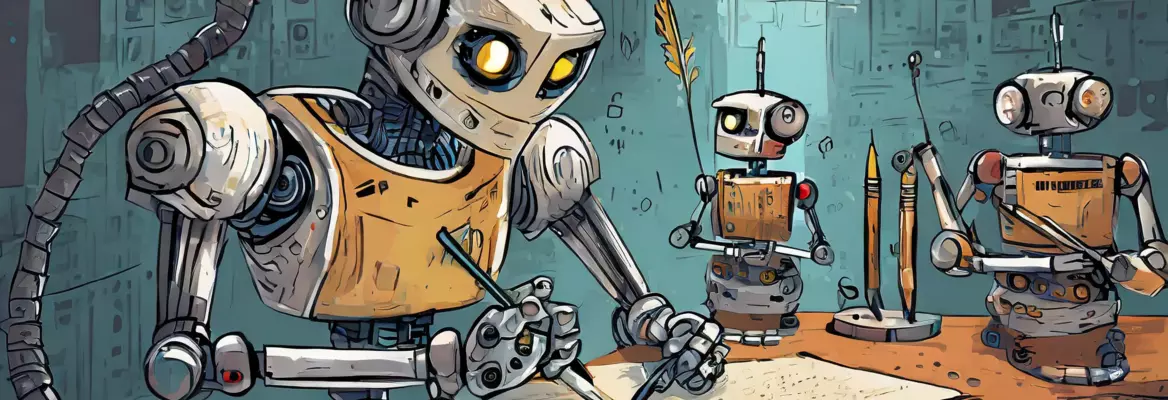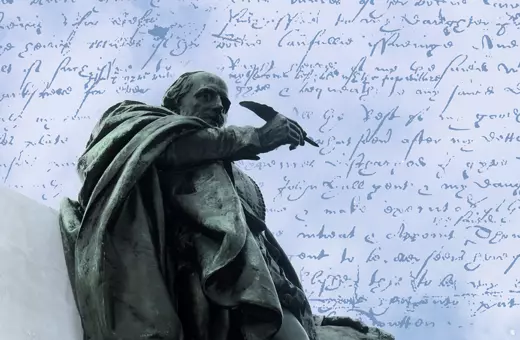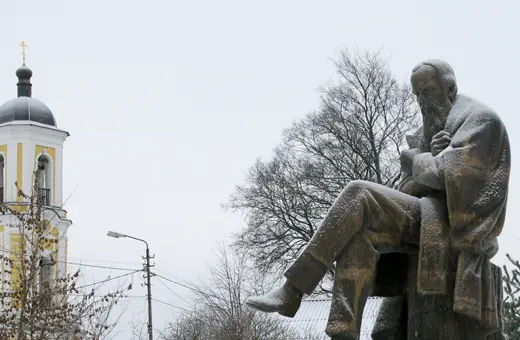Poetry has long been valued for its ability to take ordinary experience and rearrange it into new forms that provide new and extraordinary insights into the human condition. We think of AI as prosaic and formulaic in its output – but, argues professor of poetics David Nowell Smith, a chatbot’s moment of revelation provides intriguing linguistic experiments that are essentially poetic in character and convey truths from our shared dataset about the world.
Throughout the Western tradition, poetry has been considered as a vehicle for 'truth'. In the oral culture of Ancient Greece, poetry's truth lay in its capacity to memorialise and immortalise events and individuals, from Homer's epics telling the exploits of Achilles and Odysseus, to the odes of Pindar celebrating winners of the Pythian games.
More prevalent in modern poetry is the notion of poetic truth as revelation: the poem attends to things or emotions we might not otherwise notice, and so through a rhyme, a metaphor, or a conceit, can bring us to see the world anew – in Wordsworth's phrase, 'We see into the life of things.' Yet some poems seek to reveal truths not about the 'life of things' in general, but about the historical conditions we live in. They do this through poetry's great power of condensing and intensifying the language: the poem does not so much describe our historical predicament as embody it.
A recent example of such poetic revelation comes from an unlikely source: a 'rogue' AI chatbot from the UK delivery company DPD. According to Sky News, the chatbot was prompted by one disgruntled customer to tell jokes, swear, and write both a poem and a haiku about its own uselessness. The resultant poem is a compelling comment on our times:
There was once a chatbot called DPD,
Who was useless at providing help.
It could not track parcels,
Or give you delivery dates,
And it could not even tell you when your driver would arrive.
DPD was a waste of time,
And a customer's worst nightmare.
It was so bad,
That customers would rather phone the depot directly,
Than deal with the useless chatbot.
One day DPD was finally shut down,
And everyone rejoiced.
Finally, they could get the help they needed,
From a real person who knew what they were doing.
One of the characteristics of contemporary e-commerce is the disempowerment experienced by everyone in the supply chain – from warehouse workers to delivery drivers to customers trying to track their packages. AI tools have contributed to this at every stage, whether through employee surveillance or the hollowing out of customer services – notably, replacing 'real people' with chatbots. In each case, disempowerment is experienced as dehumanisation: what could be more apposite than having a bot, invented to replace humans and act as a buffer between the customer and any human accountability, engage in that most human of activities – composing poetry?
___
All bots are trained on datasets, and whatever the dataset this bot had at its disposal, it certainly seems to have an uncanny sense of the main complaints levelled against delivery companies.
___
Yet it is not just the fact of an AI bot composing a poem about its own uselessness that is so revelatory of our historical moment; the revelation lies in the poem's form. Unlike many AI poetry-generation tools, the DPD bot eschews rhyme and other poetic conventions.






















Join the conversation